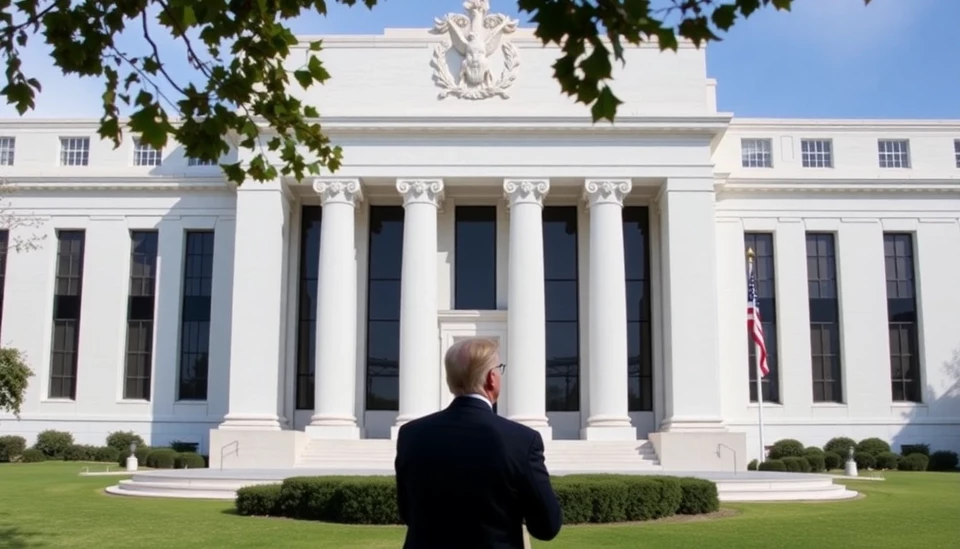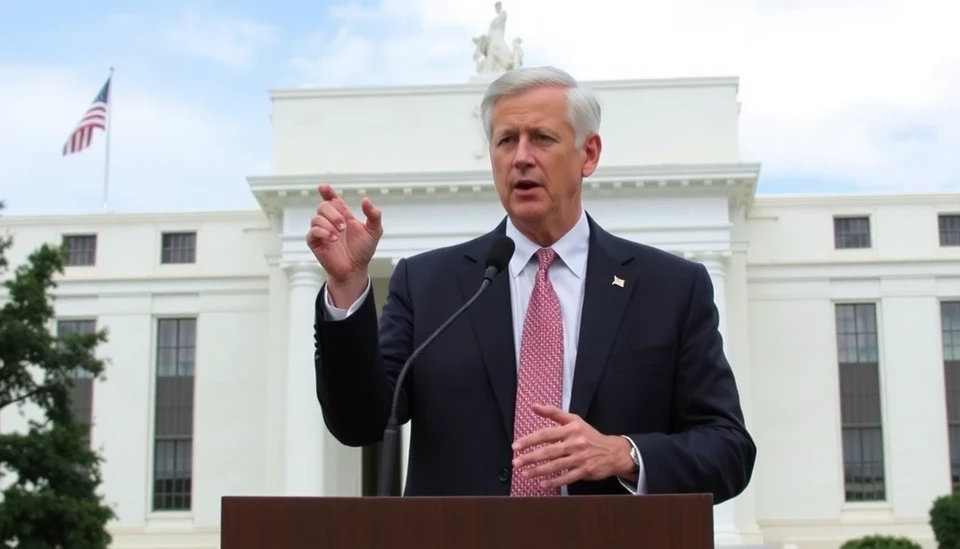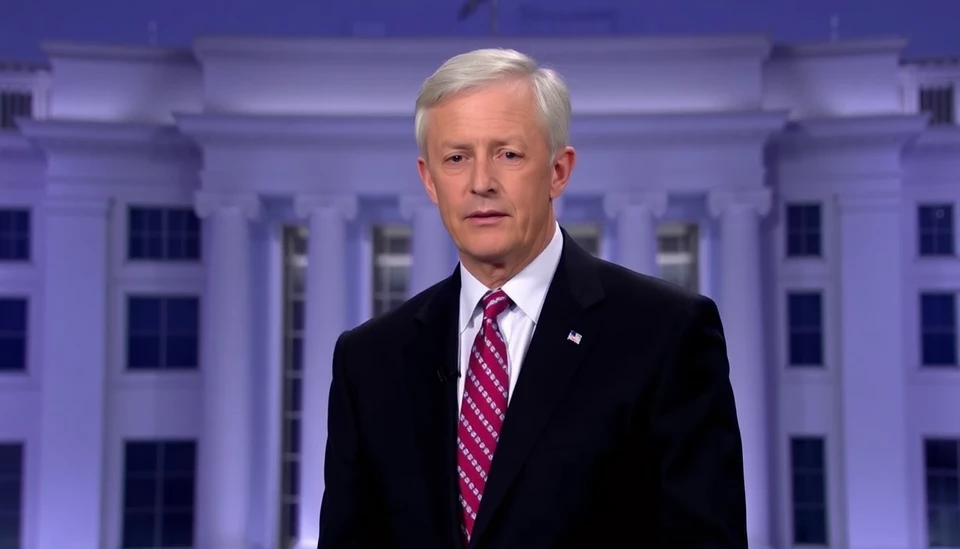
In a bold maneuver aimed at redefining the leadership landscape of the Federal Reserve, former President Donald Trump and his advisers are actively pursuing a strategy to influence the appointment of new leaders following several key vacancies. With the Federal Reserve’s pivotal role in the U.S. economy and its critical decisions affecting interest rates and inflation, these upcoming changes could have far-reaching implications for financial markets and economic policy.
As the Biden administration continues to navigate economic challenges, including inflationary pressures and employment recovery post-pandemic, Trump’s team sees this as an opportune moment to fill crucial roles with individuals aligned with their economic philosophies. Their focus is on appointing candidates who may revamp the Fed's approach to monetary policy, potentially steering it towards a more hawkish stance against inflation.
There are currently significant openings at the Federal Reserve, particularly in regions known for their independence and economic influence. With candidate selections being under serious consideration, Trump’s advisers are poised to recommend individuals who support aggressive measures to combat inflation, reflecting a more conservative viewpoint on monetary policy. This infusion of new leadership could shift the Fed's balance, realigning it towards Trump’s economic agenda.
The potential appointments may also coincide with upcoming congressional discussions regarding fiscal policy adjustments. Should Trump secure these appointments, it would signal a formidable comeback effort to influence U.S. monetary policy, suggesting a split from the current administration’s emphasis on broad-based economic recovery strategies.
Moreover, the implications of these changes extend beyond mere appointments—they pose a critical examination of how economic policy is conducted in the United States going forward. Analysts are speculating that a shift in the Fed’s leadership could impact interest rates, investment strategies, and ultimately, the average American’s financial health.
As these developments unfold, it remains to be seen how the Biden administration and its economic team will respond to Trump's reshaping of Fed leadership. The debates regarding inflation and the potential for higher rates are likely to ignite significant political discourse as each side underscores their economic philosophies.
Trump’s advisers believe that with strategic appointments, they can advocate for and implement a policy framework that emphasizes stringent inflation controls. This could mark a significant departure from the more gradual approach adopted by current Fed officials.
On the brink of possible key appointments, stakeholders across the financial sector, including investors and analysts, are closely monitoring the situation. The prospect of a conservative-led Federal Reserve may induce a transformative pivot in how financial markets react to economic data moving forward.
In conclusion, as Trump and his team work towards influencing the leadership of the Federal Reserve, the intersection of politics and economics becomes increasingly pronounced, with the potential for notable impacts on the American economy.
Stay tuned as we continue to cover developments on this pivotal topic.
#FederalReserve #Trump #EconomicPolicy #Inflation #MonetaryPolicy #LeadershipChanges #FinancialMarkets
Author: Rachel Greene




